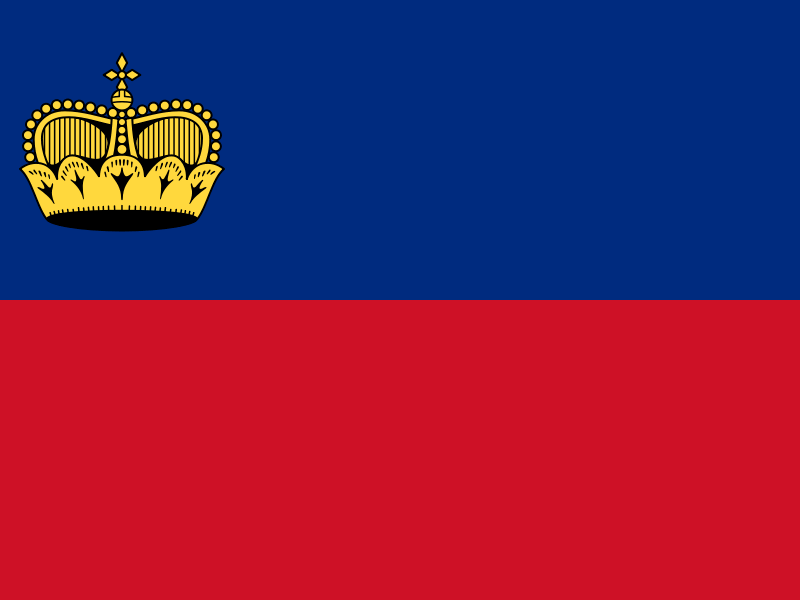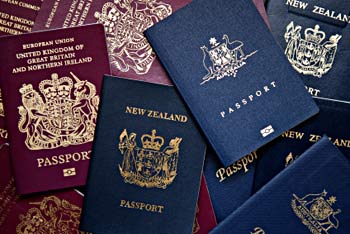

列支敦士登
The Principality of Liechtenstein, is a small German-speaking landlocked state of alpine Europe that borders with Switzerland to the west and Austria to the east.
It is an enclave that, along with Switzerland, is not part of the European Union, but is part of the Schengen Area.
Its international relations are coordinated with Switzerland (state with whom it delegates its military defense).
It has an area of just over 160 sq. km and it is inhabited by about 37,000 people. The capital is Vaduz and the most populated city is Schaan.
Liechtenstein is the fourth smallest country in Europe, after Vatican City, Monaco and San Marino. Its resident population is composed of about a third of foreigners, mainly Germans, Austrians, Swiss and Italians.
Liechtenstein is a constitutional monarchy, headed by the prince, or Fürst. The sovereignty of the state is shared between the prince and the citizens, who choose a parliament. The parliament of Liechtenstein, the Landtag, is composed of 25 representatives chosen by the people. A five-member chamber is responsible for daily political affairs.
The country has an economic union with Switzerland and uses the Swiss franc as national currency, although it had its own currency, the Liechtenstein franc.
Liechtenstein is a member of the European Economic Area (an organization that acts as a bridge between the European Free Trade Association (EFTA) and the European Union) since May 1995.
Its economy, despite its small size and scarcity of natural resources, is highly industrialized, free-enterprise oriented and has the third highest per capita income in the world, after Qatar and Luxembourg.
Its economic bases are industrial exports, tourism and financial services.
Industries include electronics, textiles, precision instruments, metal manufacturing, power tools, anchor bolts, calculators, pharmaceuticals, and food products. It also produces wheat, barley, corn, potatoes, dairy products, livestock, and wine.
It has an important financial centre, specialized in financial services for foreign entities and wealth management for non-resident individuals.
Low business taxes and a very advantageous incorporation laws have led to a significant number of multinational companies to establish nominal offices in Liechtenstein.


Structuring and Taxes for Companies Doing Business in the EU

Initial Exchange Offerings (IEO) for Token Issuers and Crypto Exchanges

Where to set up an Intellectual Property Holding Company

What you should consider when setting up an Investment Fund

Where to set up a Holding Company

Where to set up an International Business – Part 4: Europe

在何处设立加密货币交易所–第三部分:在欧洲设立加密货币交易所

如何设立一个ICO项目-第五部分:收益、ICO税收&构建

Where and how to open an international bank account

Why you should consider opening an offshore bank account

World’s safest banks and how to evaluate them




